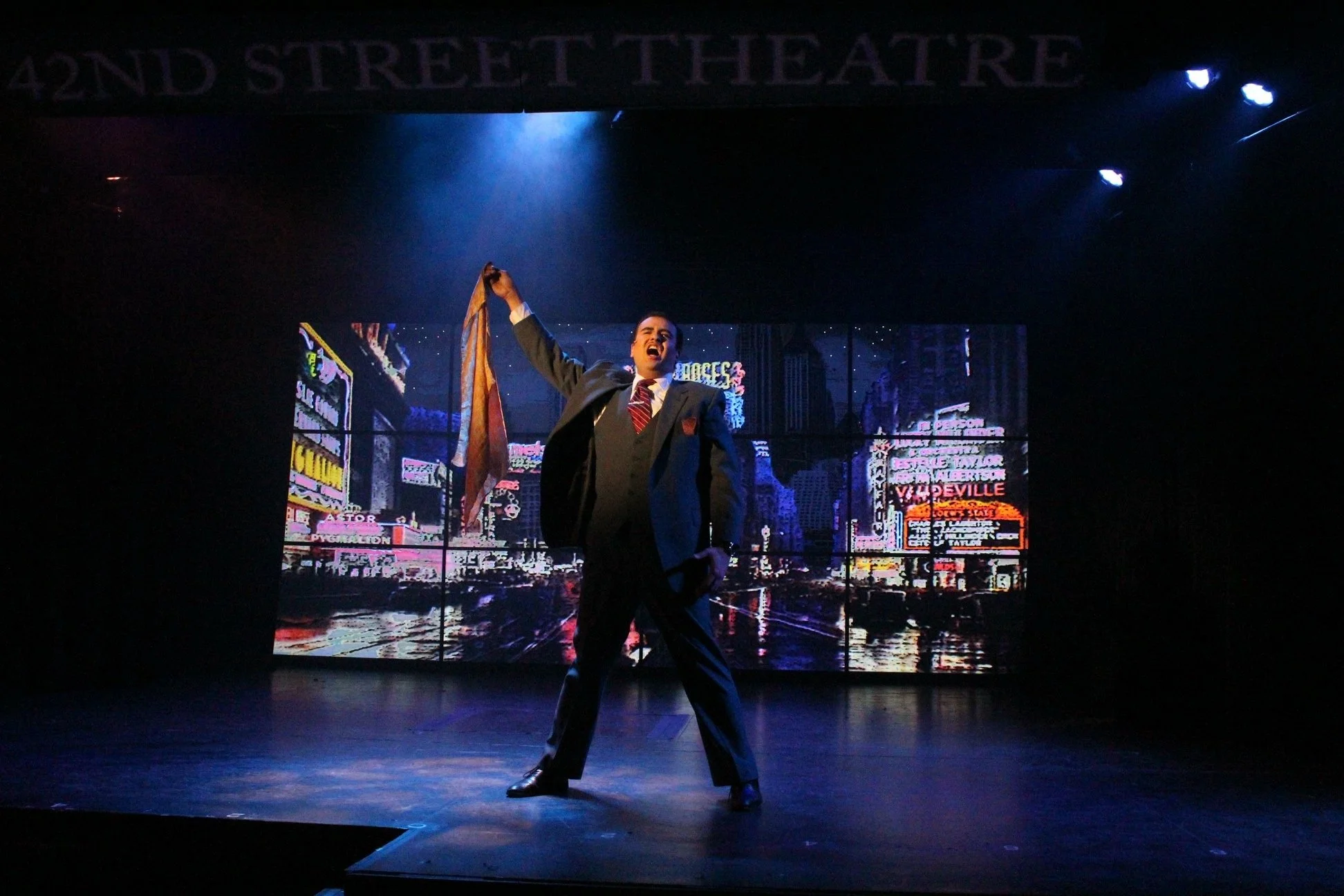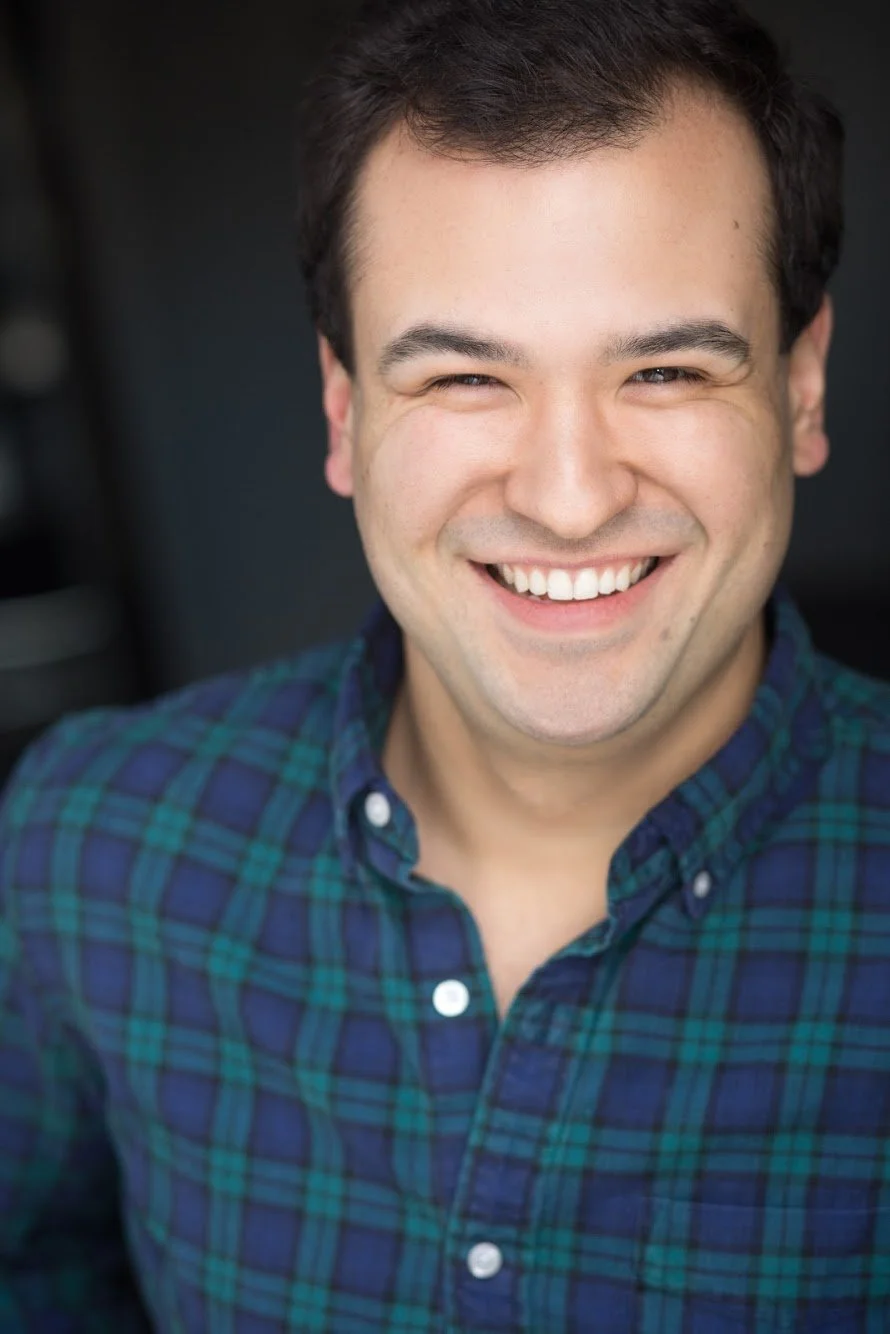
About Ben Salters
Voice Teacher • Vocal Coach • Performer
Guiding Singers Toward Confident, Healthy, Authentic Voices
I’m Ben, a voice teacher and vocal coach dedicated to helping singers build sustainable technique and expressive artistry. I work with students ranging from absolute beginners to seasoned professionals — anyone ready to understand their voice, strengthen their skills, and grow with clarity and confidence.
My approach blends vocal science, evidence-based pedagogy, and a warm, supportive atmosphere (with a bit of humor to keep things fun).
A Teaching Approach Rooted in Skill, Science, Performance and Collaboration
I believe great singing comes from a balance of vocal freedom, technical awareness, and artistic intention. My teaching draws on vocal function, physiology, and acoustics while remaining accessible, encouraging, and highly individualized.
Each lesson is tailored to your voice and goals — building healthy coordination, strengthening your technique, and supporting your artistic identity.
My studio is an inclusive space for all singers, with experience supporting clients across musical theater, classical, pop, country, R&B, and gender-affirming voice work.
-
Evidence-Based Pedagogy
Training grounded in vocal science, functional voice work, and ongoing pedagogy study.
-
Holistic + Supportive Environment
Professional instruction paired with clarity, warmth, and approachable guidance.
-
Versatile Musical Experience
Coaching across genres and levels — from first-time singers to working professionals.
-
Master’s of Music in Vocal Performance- New York University
Adv. Certificate in Vocal Pedagogy and Vocology- New York University
Methodologies in Doscher, Estill, Alexander Technique, Stemple, Titze, Resonant Voice Therapy, and Christine Schneider’s Spherical Body Movement.
-
Musical theater, pop, rock, country, classical and R&B techniques
Classical foundation building
Vocal health & sustainable habits
Audition prep coaching
Gender-affirming voice training
-
I’ve spent the last 17 years teaching students of all ages from 6 years old to senior citizens. I’ve taught and helped a wide range of students from wanting to get better at karaoke to professional actors and opera singers fine-tuning their technique. Over my experience, I’ve had hundreds of students and currently have 11 students working professionally (touring broadway companies, off broadway, and back up singers for pop stars). I’m not just a teacher; I’m also an avid performer. I’ve been in the music and performance industry since middle school and have had the privilege singing in cabaret shows in NYC, regional performances in classical song, touring the country in different musical theatre touring productions, and touring singing in recital, cabarets performing pop, rock and country.


